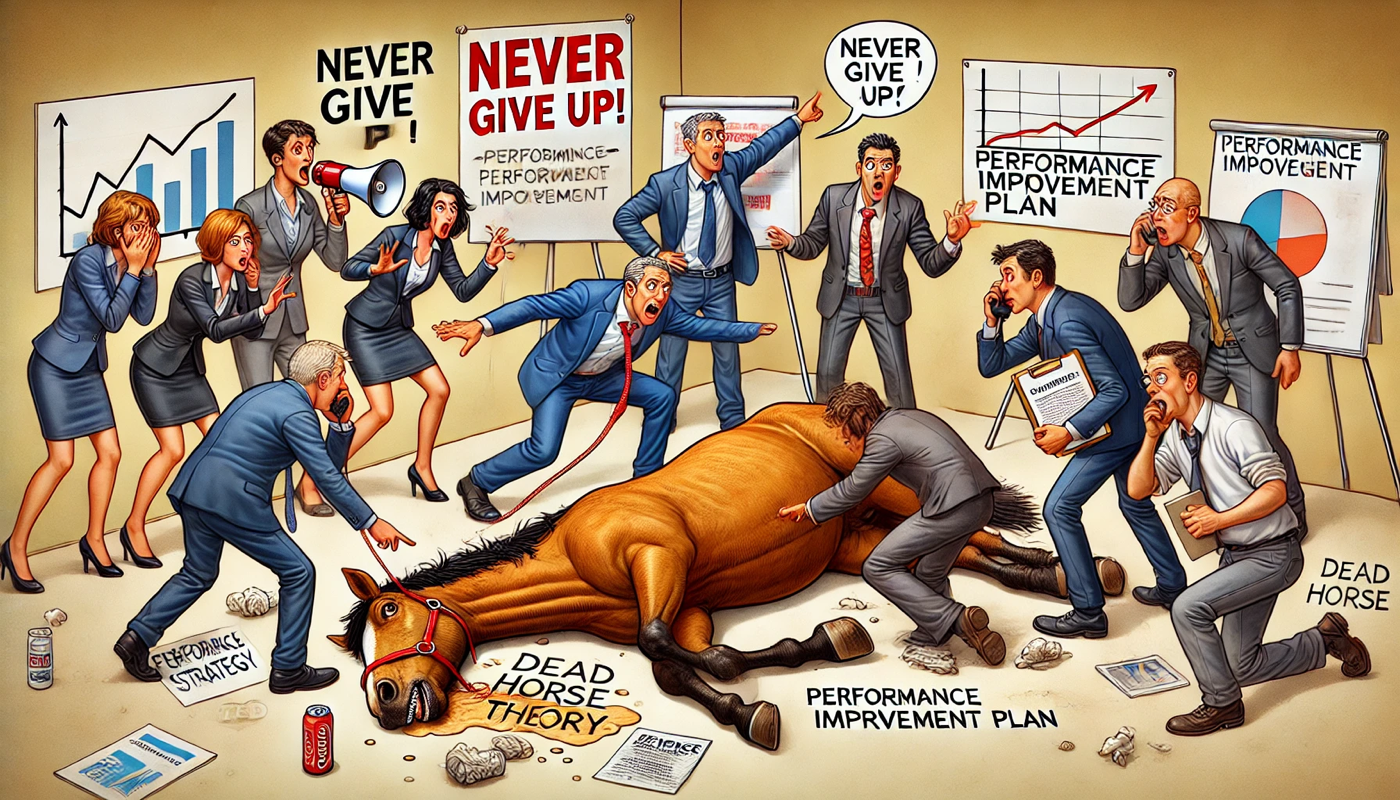Forget Lower VAT Let’s Fight for Something We Can Win
Posted by David Miller on 14th Mar 2025 Reading Time:
David Miller, co-owner of Millers Fish & Chips in Haxby and co-host of the Ceres Podcast Master Class. His shop won Seafish Fish & Chip Shop of the Year in 2018.
Some things in life are inevitable—rain on a bank holiday, the price of fish going up, and trade bodies calling for a VAT cut. Every year, the same campaign, the same pleas, nothing changes. Every trade body has pushed for it, from the NFFF to UK Hospitality. And if you ask any fish and chip shop owner, café operator, or pub landlord, they’ll tell you the same thing: we need VAT relief. I’d love it, too. But here’s the thing—it’s never going to happen.
Not because it wouldn’t help businesses (it absolutely would), but because the government will never give it up. VAT is one of their biggest revenue streams, bringing in a staggering £168.9 billion in 2023-24—15.14% of all tax revenue. It’s easy money for them. We do the work, and they take the cash.
So, instead of wasting our breath on a VAT cut that will never come, shouldn’t we fight for something we might get?
Why VAT Isn’t Going Anywhere
Let’s be honest—if the government wanted to cut VAT for hospitality, they’d have done it by now. During the pandemic, they gave us a temporary VAT cut, which was damage control, not policy change. And now? VAT is back to 20%.
The reason is simple: VAT is one of the biggest cash cows for the government. As of the 2023/24 financial year, it ranks just behind Income Tax and National Insurance Contributions in total revenue. It’s a cornerstone of government funding, pumping billions into public services. When a tax brings in that much money, it’s not going anywhere—if anything, the real risk is it going up, not down.
I understand why trade bodies push for lower VAT—it’s a great rallying cry. But at some point, we must ask ourselves a hard question: is this a battle we can win?
It reminds me of the Dead Horse Theory—when something clearly isn’t working, some people double down instead of admitting defeat. They get louder, hold more meetings, and write more letters. But no matter how you dress it up, that horse isn’t getting back on its feet.
What Should We Be Fighting For Instead?
If VAT isn’t coming down, the next best thing is ensuring it doesn’t go up. Because if we’re not careful, we’ll wake up one morning and find it’s jumped to 22% or 25%, and we’ll all wish we’d fought for stability instead.
But beyond that, there are things we CAN win. Instead of chasing an impossible VAT cut, let’s push for:
- Lower employer costs – Why not push for lower National Insurance contributions or tax breaks for businesses that employ more staff?
- Super deductions for investment – After COVID, businesses could claim 130% tax relief on capital investments. That drove real investment—why not bring it back?
- Access to affordable finance – Let’s lobby for low-interest business loans that help us grow rather than making borrowing a nightmare.
- Training incentives – Staff training is expensive. If the government wants to help small businesses, give us tax breaks to up skill our teams.
- Business Rates Reform - Reviewing the business rates system, particularly for high-street businesses, would help reduce overhead costs.
- Review Net Zero Regulations - Ensuring sustainability regulations are practical and cost-effective for small businesses.
- Lower Energy Costs - Extending support for business energy bills or creating tax incentives for energy-efficient upgrades.
Managing VAT: A Lesson Learned the Hard Way
Fighting for better business policies is one thing, but managing VAT properly is just as important. And I’ll be the first to admit—I got it completely wrong.
When I was 28 years old, I didn’t have the money to pay my VAT bill. I’d spent it, thinking it was mine to use. Then the bill landed, and I was stuck—fined, put on probation for a year, and absolutely furious. But was I mad at myself? Of course not. I blamed everyone else—the taxman, the system, the business climate—any excuse I could find. The truth? I had no one to blame but myself.
I was bitter and angry, constantly moaning about “surprise VAT bills”, when in reality, there was nothing surprising about them—I just hadn’t set the money aside.
Then, over lunch one day, I was chuntering away to my uncle, going on (and on) about VAT. He stopped me mid-rant and said: “David, you’ve earned it. You owe it. Pay it.”
That hit home. VAT isn’t your money—you’re just holding it until HMRC calls. From that moment, I changed how I handled it.
From that day, I made a simple rule for myself: set it aside every week. No exceptions.

Here’s how:
- Take your turnover, divide by six (or use a Ceres VAT calculator).
- Move that amount into a separate VAT account—immediately.
- Don’t touch it. No borrowing, no dipping in—it’s not yours.
- If there’s extra left after your VAT return, leave it. It builds up nicely and can help cover tax bills later.
Too many businesses get caught short because they treat VAT as cash flow. It’s not. Set it aside, make it a habit, and you’ll never be scrambling to pay a VAT bill.
And Here’s One That Really Matters: Clamp Down on VAT Fraud
Now, here’s a real issue worth fighting for. While we play by the rules, plenty of businesses aren’t—they dodge VAT completely, undercutting legitimate traders and getting away with it.
We should be pushing for better enforcement of VAT fraud. Because if HMRC actually did its job properly, there’d be less pressure to hike VAT rates in the first place.
Final Thought: Be Careful What You Wish For
We’ve spent years hoping for a VAT cut. But what if we wake up one day and it’s actually gone up instead?
Wouldn’t we instead look back and say we fought for something achievable—keeping VAT at 20%, making business taxes fairer, and getting incentives for investment?
It’s time to be smart about how we lobby. Let’s stop flogging a dead horse and start pushing for policies that actually help.





